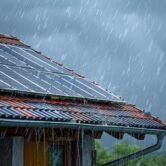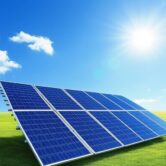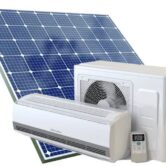As the world shifts toward more sustainable energy solutions, solar power has emerged as a promising alternative. In countries like Nigeria, where access to reliable electricity can be a challenge, solar energy offers great potential. However, despite its growing popularity, several myths about solar energy still persist, especially in regions like Nigeria. These misconceptions can hold back individuals and businesses from harnessing the power of the sun to meet their energy needs.
In this article, we’ll address some of the most common myths about solar energy, particularly those that Nigerians tend to believe, and separate fact from fiction.
Myth 1: Solar Panels Don’t Work in Nigeria’s Climate
Truth: Many Nigerians believe that solar panels won’t work in hot or humid conditions. The reality is that solar panels are designed to work in a variety of climates, including the hot and tropical environment of Nigeria. While solar panels operate most efficiently under direct sunlight, they still generate power in diffused sunlight or on overcast days. Nigeria’s abundant sunshine makes it an ideal location for solar power generation.
Myth 2: Solar Energy Is Too Expensive for Nigerians
Truth: A common myth in Nigeria is that solar power is unaffordable. While the initial cost of installing a solar system can be significant, the long-term savings and benefits far outweigh the expense. With the falling prices of solar panels and available financing options, solar energy is becoming increasingly accessible. Additionally, government incentives and partnerships with solar companies can help reduce the upfront costs.
Believing solar doesn’t work in Nigeria is like saying rain doesn’t fall in the rainy season — it simply isn’t true.
Quote
Myth 3: Solar Panels Require Constant Maintenance in Nigeria
Truth: Another misconception is that solar panels need constant maintenance, especially in a dusty country like Nigeria. In truth, solar panels are low-maintenance and require only occasional cleaning to remove dust or debris. With regular inspections (usually once a year), your solar system can continue to perform optimally for decades. Nigerian homeowners can rest assured that the maintenance needs of solar power are minimal.
Myth 4: Solar Energy Will Only Work During the Day
Truth: Some Nigerians may think that solar energy can only power homes during the day. While solar panels generate power during daylight hours, the addition of battery storage systems can store excess energy for use during the night or cloudy days. This means that solar can provide round-the-clock power if properly configured with storage.
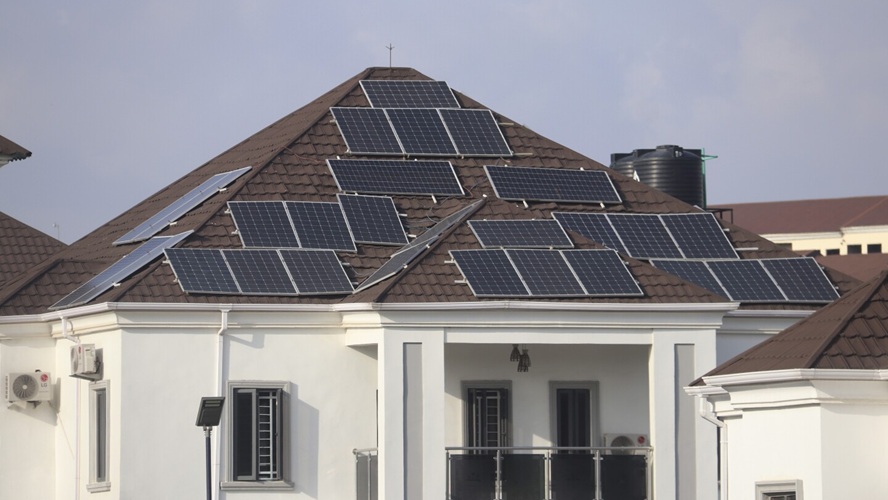
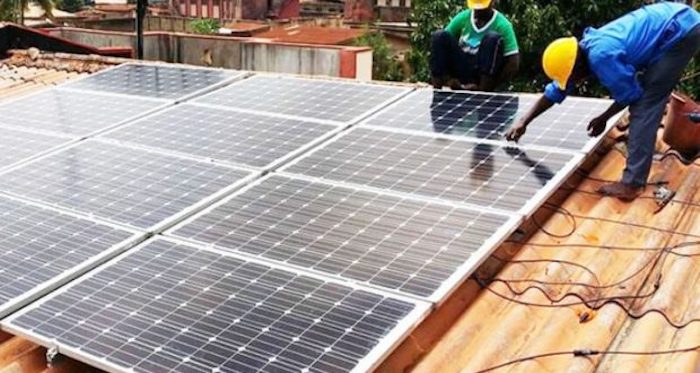
Myth 5: Solar Will Damage My Roof
Truth: In Nigeria, many people worry that installing solar panels on their roofs might cause damage or leaks. However, when installed by trained professionals, solar panels do not harm your roof. In fact, they protect the area of your roof where they are installed by shielding it from harsh weather conditions. A properly installed solar system can last for decades without causing roof damage.
Myth 6: Solar Energy Is Only for Wealthy Nigerians
Truth: There’s a misconception that solar energy is only for the wealthy or those who can afford large upfront investments. This myth is particularly prevalent in urban centers like Lagos. However, solar systems are increasingly affordable, and there are options for various budgets. Additionally, community-based solar solutions and affordable financing programs have made it possible for middle-class Nigerians and even rural areas to benefit from solar energy.
Myth 7: Solar Energy Cannot Power Entire Homes or Businesses in Nigeria
Truth: Some Nigerians are concerned that solar energy cannot meet the energy needs of an entire home or business. While solar power alone may not meet every single energy demand in some cases, a properly designed solar system, paired with energy-efficient appliances and battery storage, can power most homes and small businesses. Solar energy can be scaled to suit the energy requirements of any building, from small homes to large enterprises.
Finally, the myths surrounding solar energy in Nigeria can create unnecessary barriers to adopting this sustainable and cost-effective power source. With the right information, Nigerians can unlock the many benefits of solar, from reducing electricity costs to minimizing environmental impact.
Solar energy is a game-changer for Nigeria, and with the right mindset, we can move away from misconceptions and step into a brighter, more energy-efficient future.



